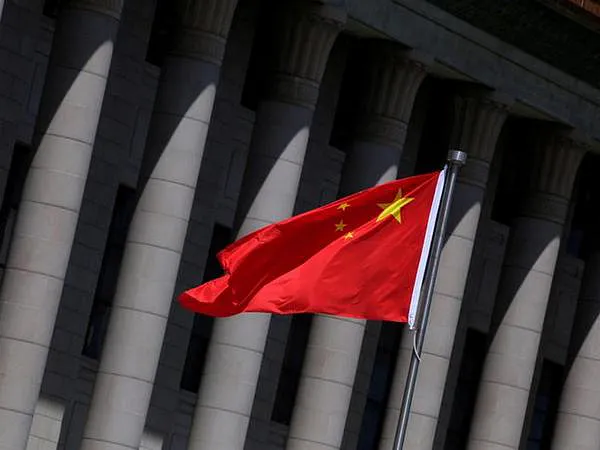In the first week of this month, Chinese Foreign Minister Wang Yi met his Myanmar counterpart U Wunna Maung Lwin in Tunxi in Central China and told him: “No matter how the situation changes, China will always support Myanmar in safeguarding sovereignty, independence and territorial integrity and exploring a development path in line with its national condition.”
At the meeting, the Chinese Foreign Minister announced more than $100 million in new financial assistance to Myanmar, pledged to jointly oppose unilateral sanctions, a new consulate office in China and support the military (junta) in hosting foreign ministers of China, Cambodia, Laos, Thailand, Vietnam under the Lancang-Mekong Cooperation Forum–all this while avoiding any mention of human rights abuses by junta in Myanmar.
This showed Beijing’s continued preference of doing business with abusive and autocratic governments across the world. It is “tenet of Chinese foreign policy” to have relations with and provide aid to even those governments which “abuse” human rights of their nationals, said Sophie Richardson in a write up: Challenges for a “Responsible Power,” published by Human Rights Watch.
In Myanmar, since the start of the year, junta has destroyed 100 villages and razed more than 5,500 buildings in the country’s central region in their attempt to suppress the opposition to the military rule which has been imposed since February 2021. Early in February 2022, 200 houses of Ma Htee village in Central Myanmar were burnt to ashes by junta.
In the Sagaing region, in the last week of February, military troops shot at least three civilians and burned down more than 500 homes. According to the BBC, the military and pro-military militias have been setting fire to villages in central Myanmar almost every day since December last year. Not forgetting the fact that burning villages is a familiar tactic of the Myanmar military since decades, which have resulted in large-scale displacements in the country.
In this context, the 2017 incident in which junta-led attacks in the Rakhine region is considered as the worst. Hundreds of thousands of Muslim Rohingya were pushed out of the region, forcing them to flee to Bangladesh and other parts of the world. As per the United Nations, more than 52,000 people fled their homes in the last week of February alone. Even as more than 1500 have been killed since the military seized power in Myanmar. On April 17, continuing its operation against pro-democracy supporters, the Myanmar junta launched air strikes in Karen state, forcing thousands of residents in areas bordering Thailand to flee in desperation for safety.
But China and Myanmar which call each other “Paukphaw”(fraternal friend) have let the juggernaut of their engagement go on unchecked. In its attempt to avoid coming under the radar of Human Rights Watch, the UN or other international bodies, China is now planning to push military hardware to Myanmar through Pakistan. There is a game here. It is pushing in 60&81 mm mortars, M-79 grenade launchers and Heavy Machine Guns via Pakistan. As Myanmar is interested in air to surface missiles and JF-17 fighter aircraft (a China-Pakistan joint venture), China is ensuring that such equipment reaches the junta without much delay. It was an issue which was on the table before Myanmar Foreign Minister U WunnaMaung Lwin and Chinese Foreign Minister Wang Yi in Tunxi in China.
Invariably, these deals are taking place in a hush-hush manner and away from the watch of the UN, which is unhappy with Myanmar junta since its toppling of the democratically elected government-led by Aung San Suu Kyi in February 2021. Yet it is China’s attempt to push digital Renminbi in Myanmar at the time when the world’s attention is focused on the rapid changing contours of the Ukraine war, has left Beijing watchers stunned.
In December 2021, Myanmar had agreed to start accepting Renminbi as an official settlement of currency from the beginning of 2022. A pilot project to this regard was started in January-February this year and after its success, Myanmar has decided to go ahead with trade with China in Renminbi. This is seen as a huge success for China which in its tryst to de-dolarise trade, is reaching out to friends and allies in the world. In fact, in the backdrop of the Ukraine war and the US and the EU’s imposition of sanctions on Russia, China wants to push its currency as hard as it can for international trade. Presently, only 3 per cent of international trade transactions are carried out in the Chinese currency.
In the Southeast Asian region, Cambodia is another country which has its trade deal with China in Renminbi. Last year, Cambodian Prime Minister Hun Sen famously said during ‘Future of Asia’ conference organised by Nikkei, the world’s largest financial newspaper, “If I don’t rely on China, who will I rely on? If I don’t ask China, who am I to ask.”

